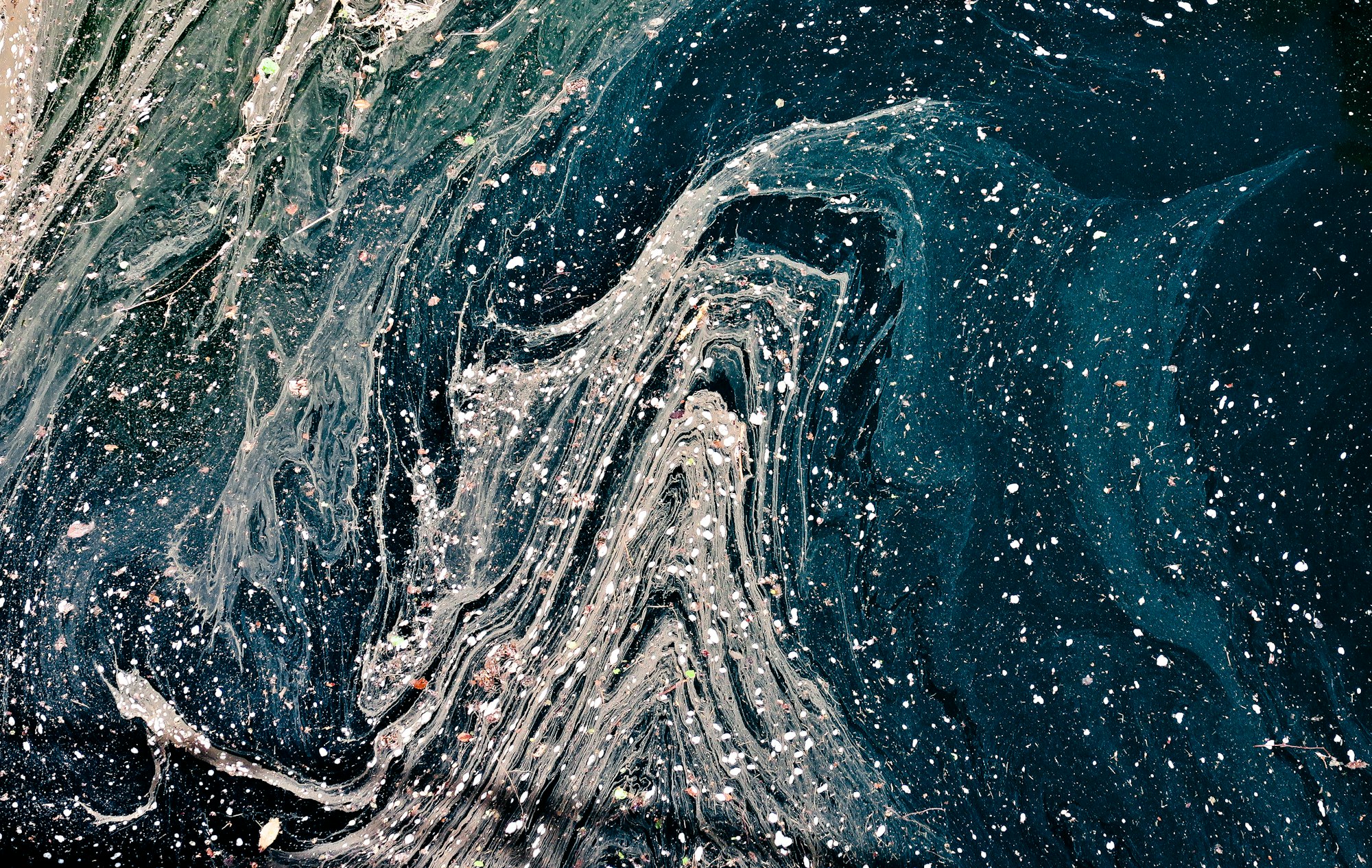The Origins of our Divisiveness
How the pandemic threatened our sense of control, and how that exacerbated divisiveness.

I’ve recently been wondering if the pandemic (a world-changing event that was 1) unexpected, 2) invisible, and 3) lethal) influences how we collectively recognize our sense of control, our ideas about what is certain, and our beliefs about our own physical and intellectual vulnerability.
If we consider 2020 a lesson in all the things we can’t control or be certain about, the pandemic might lead to an ideological softening and an expansion of intellectual humility. We’ll accept that there are forces we can’t understand and therefore must show up with a posture of openness and vulnerability. But, on the other hand, if we regard the pandemic as something that disrupted the narratives of control and certainty we've built our lives around, then we might find ourselves attempting to overcompensate elsewhere, asserting any remaining sense of control by being more dogmatic, ideologically righteous, and uncompromising.
Of course, our political polarization predated the pandemic, but is it possible that our divisiveness is itself a symptom of our need to control something in a world that seems to be increasingly out of control? Will the pandemic make us believe we are more right than ever or less certain than ever?
